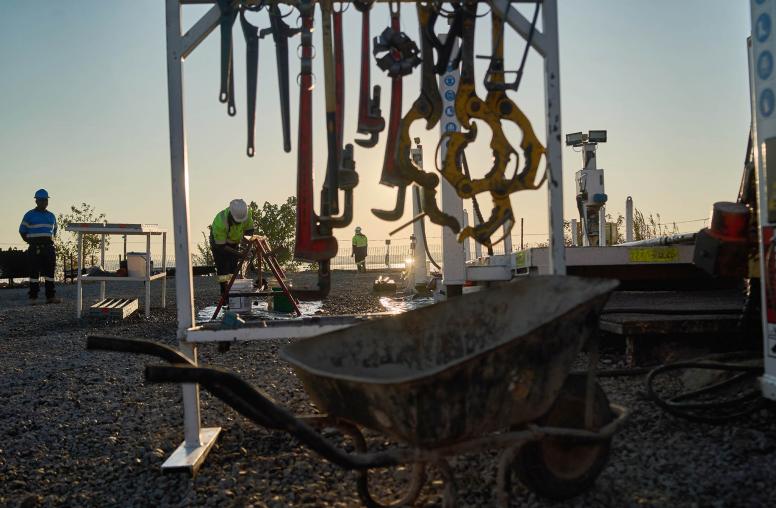Peace Agreements: Angola
Peace Agreements Digital Collection
Memorando de Entendimento Complementar ao Protocolo de Lusaka para a Cessção das Hostilidades e Resolução das Demais Questões Militares Pendentes nos Termos do Protocolo de Lusaka
in Portuguese
(04-04-2002) | 2.06MB
Posted by USIP Library on: April 18, 2002
Source Name: File e-mailed from the U.S. Department of State, Washington, D.C.
Date e-mailed: PDF file e-mailed on April 17, 2002.
Lusaka Protocol
(11-15-1994)
Posted by USIP Library on: November 20, 1998
Source Name: Embassy of the Republic of Angola, Washington, D.C.
Source URL: www.angola.org/politics/p_lusaka.htm
Date downloaded: November 9, 1998
Agreement between the Government of the Republic of Cuba and the Government of the People's Republic of Angola for the Conclusions of the International Mission of the Cuban Military Contingent
(12-22-1988)
Posted by USIP Library on: March 20 2002
Source Name: Photocopied from the United Nations Information Center, Washington, D.C. in August 2000.
Source Document Number: U.N. Doc. No. S/20345
Date digitized: November 4 2000
Agreement among the People's Republic of Angola, the Republic of Cuba, and the Republic of South Africa
(12-22-1988)
Posted by USIP Library on: March 20 2002
Source Name: Photocopied from the United Nations Information Center, Washington, D.C. in August 2000.
Source Document Number: U.N. Doc. No. S/20346
Date digitized: November 4 2000



